In an October 9, 2015 French Technical Interpretation (2015- 0595671C6, Deslandes, Nancy), CRA noted that when the deductibility of an intercompany management fee is denied, CRA generally accepts the adjustment of the income of the recipient company to reduce the amount if:
- the recipient company reimburses the amount to the payer corporation; and,
- if the year is not statute-barred.
To make the adjustment, the beneficiary company must send a written request to CRA and demonstrate that it paid, or has agreed to pay, the equivalent of the amount that was denied.
That said, in certain cases, CRA may not apply this general position if, for example, there is an abuse or deliberate overstatement of fees.
For further information see VTN Monthly Tax Update Seminar, Issue No. 414
